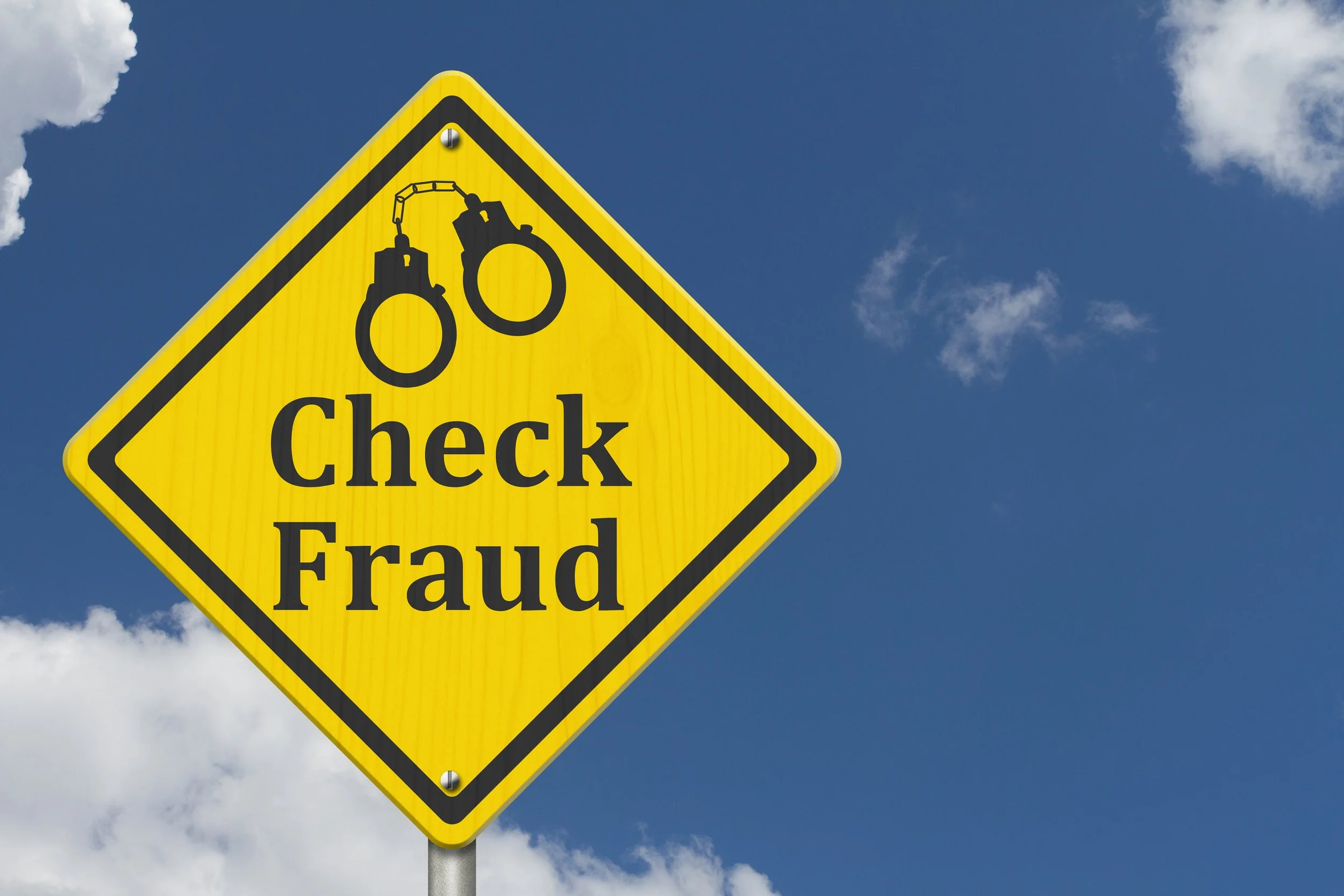Millions in Tax Refund Checks Are Stolen
IRS | Tax refund | Theft | October 23, 2024
This Week's Quote:
"Every accomplishment starts with the decision to try."
- Gail Devers
Taxpayer refund checks are getting stolen in the mail.
And then, when the Treasury Department issues the taxpayer a new check through the mail, the replacement is getting stolen too.
Rep. Nicole Malliotakis (R., N.Y.) said her office has fielded 218 cases of stolen checks totaling $3.8 million, with amounts ranging from a few hundred dollars up to $500,000. In one case, it took a constituent four tries to get a refund check delivered.
The theft is so rampant, members of Congress including Malliotakis and others are calling on the Internal Revenue Service and Treasury to do more. “People are getting these checks reissued and the reissued checks are stolen,” said Malliotakis.
Bennett Grimm, a spine surgeon in Atlanta, got a letter from the IRS in February saying that it had processed his 2021 amended tax return and he should expect his check in two to three weeks’ time.
By May, it still hadn’t arrived, so Grimm’s accountant requested a new check. That one was stolen and deposited fraudulently. He is now waiting on a third.
“You can’t win,” said Grimm, who is owed a refund of nearly $96,000 after the sale of his medical practice.
While more than 90% of taxpayers choose to get refunds by direct deposit into their bank account, there are still many Americans who prefer checks. Nearly 10 million paper refund checks went out last year, according to the IRS.
Some taxpayers prefer paper checks to sharing their bank information with the IRS.
There are also cases where the IRS sends a paper check to someone who elected direct deposit, such as when an account or routing number is off, or it doesn’t pass an IRS validation check.
But these refunds delivered by mail have become a popular target for check fraud, according to a Treasury Department report last year. Those who elect to receive a paper check aren’t able to switch to direct deposit for that tax year in the event of lost or stolen refunds.
A technology fix is under way that would allow people to switch their preference on the IRS site, but the update is a few years away, said IRS Commissioner Danny Werfel.
“We strongly urge direct deposit,” said Werfel. “It’s the fastest and safest way for us to get taxpayers their refunds.”
How to get a replacement check
The IRS has a system in place for lost or stolen checks. If you are married and file jointly, you start by filling out an IRS taxpayer statement form and mail or fax—yes, fax—it to the IRS office where you filed your tax return. That starts a refund trace to get a new check. Individuals can call the IRS to request a refund trace.
The Treasury Department’s Bureau of Fiscal Service will make sure it is a legitimate claim, and if so, it will cut a new check. The trace process takes no more than three to four months, but often less than 30 days, Werfel said.
If the replacement check doesn’t arrive, the process starts all over again.
Going after bad actors
The Treasury’s Financial Crimes Enforcement Network issued an alert on a nationwide increase in mail theft-related check fraud last year, and an update last month says that the problem isn’t letting up.
Bad actors have been prosecuted. In February, two New York men were sent to federal prison for stealing a $2.9 million IRS refund check en route to a Houston couple. In August, a South Los Angeles man was sentenced to more than seven years in federal prison for using Instagram to solicit bank-account holders to deposit stolen checks worth at least $2.7 million.
The fix isn’t in the mail
The IRS is modernizing its core technology infrastructure, with a huge system upgrade planned to go online next year, Werfel said. In the following years, more functions will be added to a dashboard taxpayers will see when they log into their online accounts. Another fix is to make the form uploadable. No fax required.
“As we modernize, we have to do it thoughtfully with a lot of due diligence,” Werfel said.
Credit goes to Ashlea Ebeling, published in the Wall Street Journal on October 4, 2024
Thank you for all of your questions, comments and suggestions for future topics. As always, they are much appreciated. We also welcome and appreciate anyone who wishes to write a Tax Tip of the Week for our consideration. We may be reached in our Dayton office at 937-436-3133 or in our Xenia office at 937-372-3504. Or, visit our website.
This Week’s Author, Mark Bradstreet

